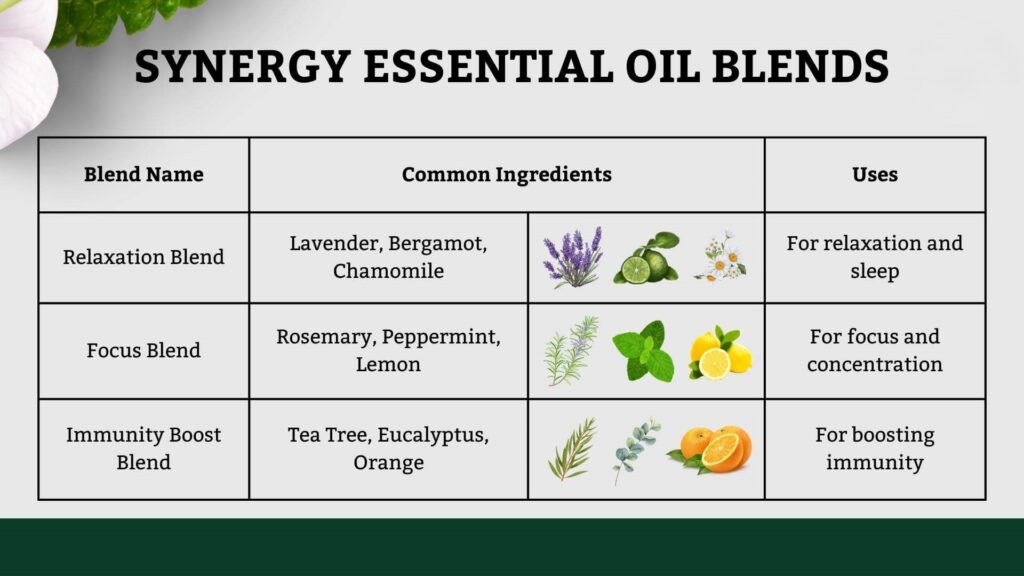In Ayurveda, the ancient science of holistic healing, natural aromas play a vital role in balancing the mind, body, and spirit. Aromatherapy in Ayurveda uses essential oils derived from plants to balance the three doshas (Vata, Pitta, and Kapha), promote relaxation, and aid in healing. Here, we’ll explore how Ayurvedic aromatherapy can bring harmony, with insights into specific essential oils and their effects on the doshas.
What is Aromatherapy in Ayurveda?
Ayurveda emphasizes the use of natural elements, and aromatic therapy, or Gandha Chikitsa, has been practiced for centuries to support the body’s inner harmony. Essential oils, distilled from flowers, roots, leaves, and resins, carry the therapeutic properties of plants. They can be absorbed through the skin or inhaled to influence the physical and mental states of an individual.
Benefits of Aromatherapy in Ayurveda
1. Balancing the Doshas:
Each essential oil has unique properties that can help balance one or more doshas. For example, oils like lavender and chamomile calm Vata, while peppermint and eucalyptus cool Pitta. Using these oils correctly can help maintain doshic balance, which is vital for good health. Learn more about doshas here.
2. Stress Relief and Relaxation:
Aromatherapy can alleviate stress and enhance relaxation, which is key in Ayurvedic treatments. Oils like sandalwood, rose, and vetiver provide grounding effects and help reduce anxiety.
3. Improved Sleep Quality:
Oils such as lavender, jasmine, and chamomile promote restful sleep. Massaging these oils on pulse points or diffusing them in the bedroom creates a calming environment conducive to sleep.
4. Respiratory Health Support:
Certain essential oils, such as eucalyptus and tea tree, can clear nasal passages and improve respiratory health. Inhaling these oils can help relieve cold symptoms and sinus issues, especially for Vata or Kapha imbalances.
5. Enhanced Skin Health:
Ayurvedic oils like frankincense and turmeric offer anti-inflammatory benefits that soothe the skin, making them ideal for Pitta-related skin conditions. Mixing these oils with a carrier oil can reduce irritation and redness.
Key Essential Oils and Their Ayurvedic Uses
Lavender Oil
- Dosha Balancing: Vata, Pitta
- Uses: Reduces anxiety, improves sleep, soothes skin irritation
Peppermint Oil
- Dosha Balancing: Pitta, Kapha
- Uses: Boosts energy, aids digestion, relieves headaches
Sandalwood Oil
- Dosha Balancing: Pitta, Vata
- Uses: Calms the mind, promotes relaxation, reduces inflammation
Tea Tree Oil
- Dosha Balancing: Kapha
- Uses: Clears respiratory passages, supports immune health, fights skin infections
Ayurvedic Aromatherapy Techniques
- Aromatherapy Diffusers
Essential oils can be diffused in a room to fill the space with therapeutic scents, enhancing mood and creating a calming environment. - Massage and Abhyanga
Applying oils during massage is common in Ayurveda. A blend of essential oils with a carrier oil can be massaged into the skin, balancing doshas and enhancing relaxation. - Steam Inhalation
This is particularly helpful for respiratory issues. Add a few drops of eucalyptus or peppermint oil to hot water, cover your head with a towel, and inhale the steam deeply. - Bathing with Essential Oils
Adding oils like lavender or rose to bathwater can reduce stress and create a sense of calm. This practice is beneficial for Vata and Pitta doshas.
Choosing the Right Essential Oils for Your Dosha
For Vata Dosha:
Vata types benefit from warming, grounding oils like cinnamon, basil, and clove. These oils help reduce anxiety and bring stability to the Vata mind and body.
For Pitta Dosha:
Cooling oils such as peppermint, sandalwood, and rose are ideal for Pitta. They help calm anger and irritability, offering a soothing effect on the body and mind.
For Kapha Dosha:
Invigorating oils like eucalyptus, tea tree, and rosemary stimulate energy and improve mental clarity, which is beneficial for the Kapha type’s slower, grounded nature.
Safety Tips for Using Essential Oils in Ayurveda
- Dilution is Key: Essential oils should always be diluted with a carrier oil like coconut, sesame, or almond oil before applying to the skin.
- Avoid Ingestion: Essential oils should not be ingested unless advised by a certified Ayurvedic practitioner.
- Patch Test for Allergies: Always perform a patch test before using any new essential oil to ensure there are no adverse reactions.
- Use Caution During Pregnancy: Pregnant women should consult an Ayurvedic practitioner before using essential oils.

Conclusion: Embrace the Healing Power of Aromatherapy in Ayurveda
Incorporating aromatherapy into Ayurvedic practices offers a natural and effective way to support physical and emotional well-being. By using essential oils that align with your dosha, you can enhance balance, reduce stress, and improve vitality. To learn more about the benefits of aromatherapy and essential oils, explore trusted resources like the NCCIH on Aromatherapy and Essential Oils for further insights. For personalized Ayurvedic advice, visit Jeevan Jyoti Ayurveda and discover how tailored aromatherapy can support your health journey.
